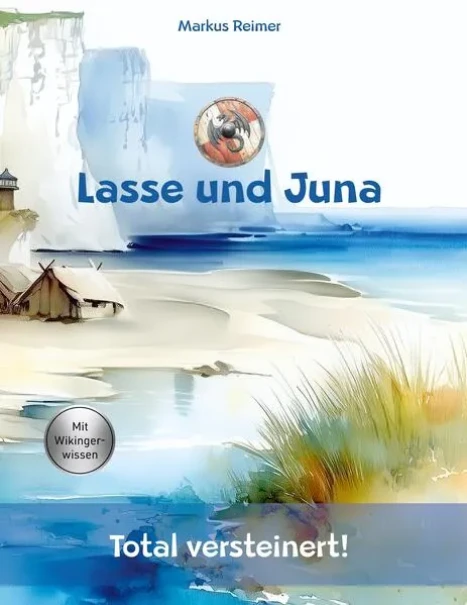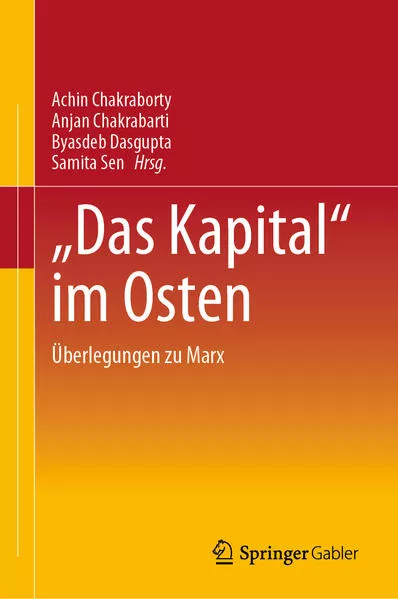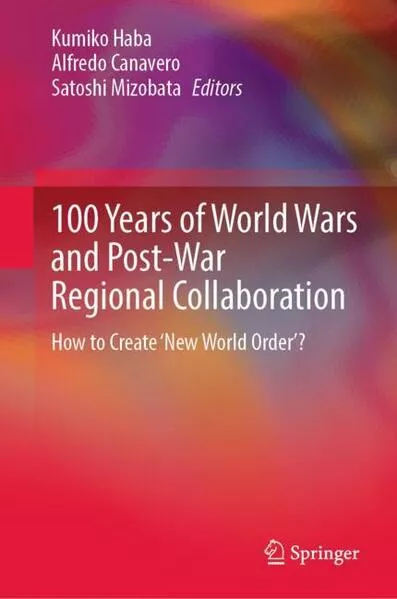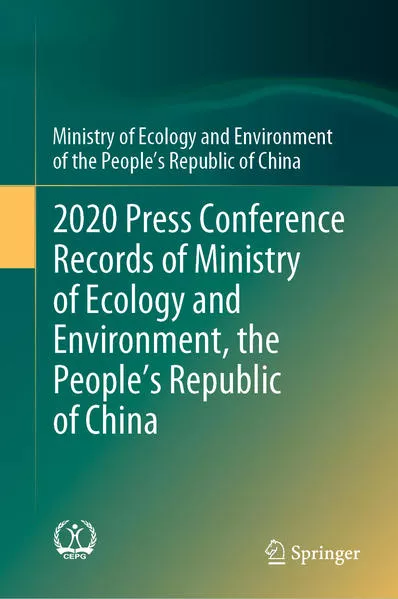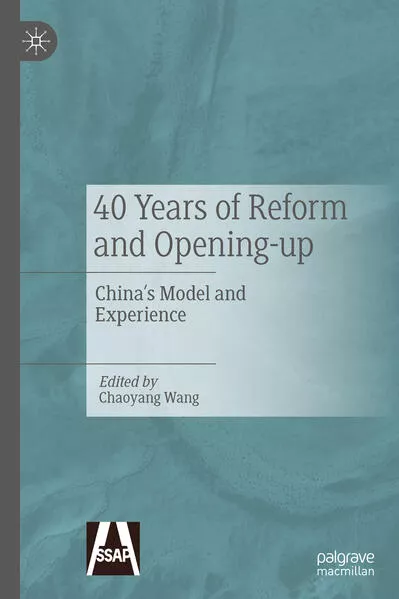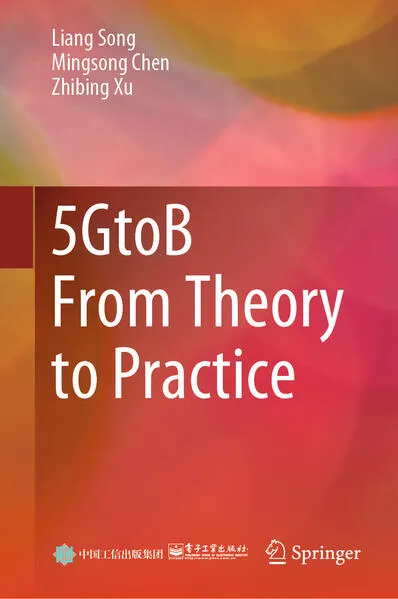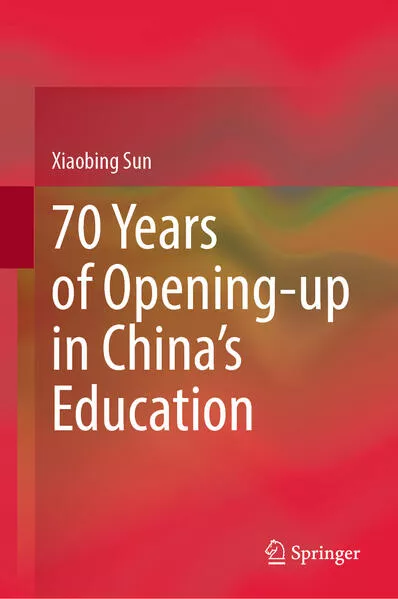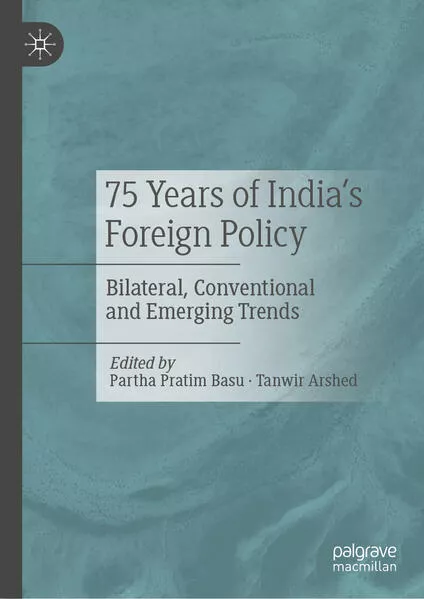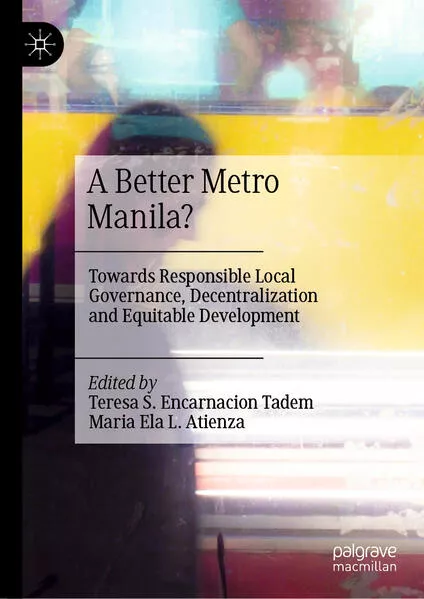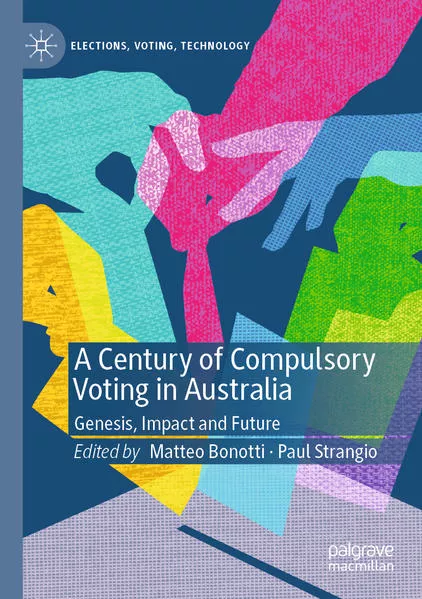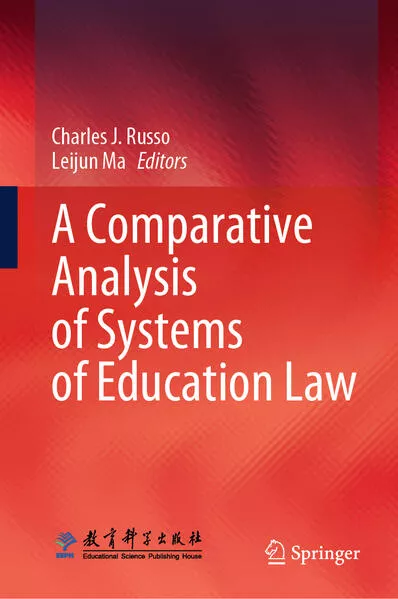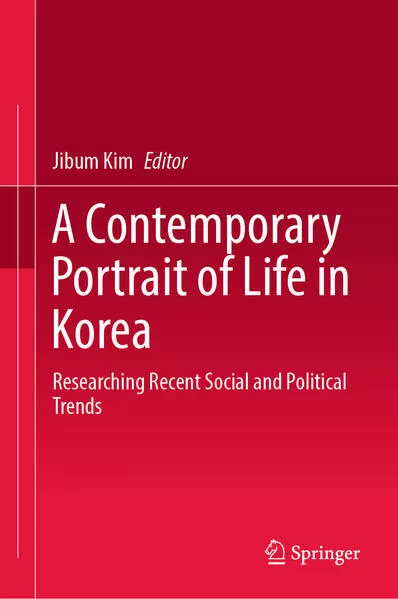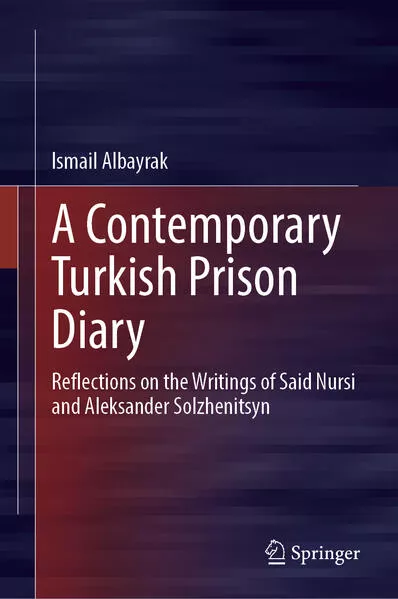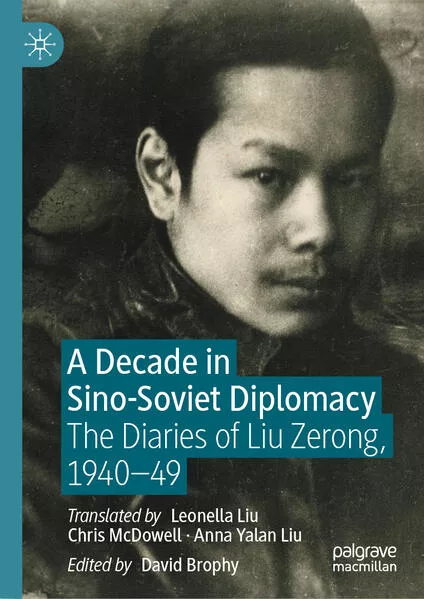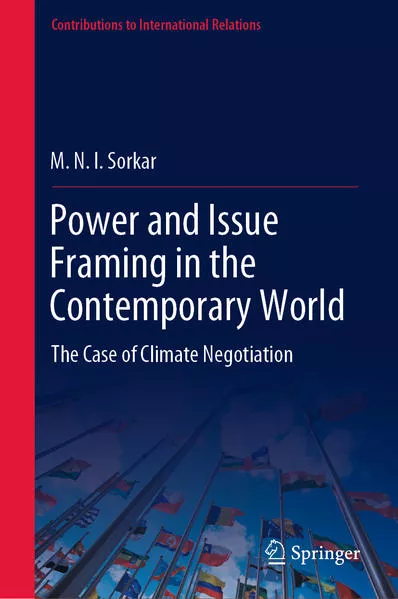
Power and Issue Framing in the Contemporary World
The Case of Climate Negotiation
This book puts forward a new angle of understanding the society of states in the milieu of the contemporary world. The absence of a regulatory mechanism, i.e., anarchy, has been the fundamental issue of international relations. This book explains how the normative imperatives, information and communication technology (ICT) and nuclear deterrence generated ambiance have poised the states in a society where they are bound to follow certain normative imperatives that dilute the color and meaning of anarchy and obliges the states to act in a certain way. It develops a theoretical proposition with regard to state power defined in terms of the capability of determining the outcomes. The proposition first elaborates how international institutions foster normative imperatives; then, in line with this ontology, it narrows down the focus solely on the power of the states in the contemporary world. It explains how the power that can determine the outcome today is holistic in nature, comprisingboth materialistic and normative factors. In the next step, it tailors the proposition in a way so as to employ it for a specific empirical work. The book does not end just positing the theoretical proposition; the proposition is testified through some case studies with regard to climate negotiations under the UNFCCC.
The empirical part not only serves to examine the plausibility of the theoretical proposition, but it also presents the logic of the major actors and the politics with respect to some of the major issues of climate change, i.e., mitigation, funding policy and mechanism and adaptation. The scholars in this arena, climate activists and climate-conscious people in general would find this book worth reading as it kindles a different angle to understand the issues in the context of the contemporary world and as it elaborates the logic, framing process, and mechanism of reaching outcomes through complex negotiation process. No other work has so far analyzed the issuescovering the entire period of 21 apex UNFCCC negotiations that led to the Paris Agreement. Apart from university libraries, this book, thus, has the prospect to be sold in the markets targeting the academicians, climate change experts, bureaucrats, negotiators and the common readers.
Unterstütze den lokalen Buchhandel
Nutze die PLZ-Suche um einen Buchhändler in Deiner Nähe zu finden.
Bestelle dieses Buch im Internet
| Veröffentlichung: | 16.03.2022 |
| Seiten | 178 |
| Art des Mediums | E-Book [Kindle] |
| Preis DE | EUR 96.29 |
| Reihe | Contributions to International Relations |
| ISBN-13 | 978-9-811-69740-1 |
| ISBN-10 | 981169740X |
Über den Autor
Dr. M. N. I. Sorkar is, by profession, a career diplomat. He holds a Masters of Arts (MA) degree in International Relations from the Freie Universitaet Berlin, a Postgraduate Diploma in Public Administration from l’Ecole Nationale d’Adminstration (l’ENA) of France and a Ph.D. degree in the field of International Politics from Fudan University, Shanghai. He has attended several international negotiations as a state delegate, presented several academic papers at international conferences and published several articles related to climate negotiations. His areas of interest are International Relations Theories, International Negotiations, the Political Economy of less developed countries, etc.
Diesen Artikel teilen
0 Kommentar zu diesem Buch
.... weitere Publikationen von Springer Singapore
Kinderbuch »Lasse und Juna - Total versteinert!« – Wikingerabenteuer mit Mut, Freundschaft und Entdeckergeist
Bewerbungsfrist bis zum: 05.03.2026